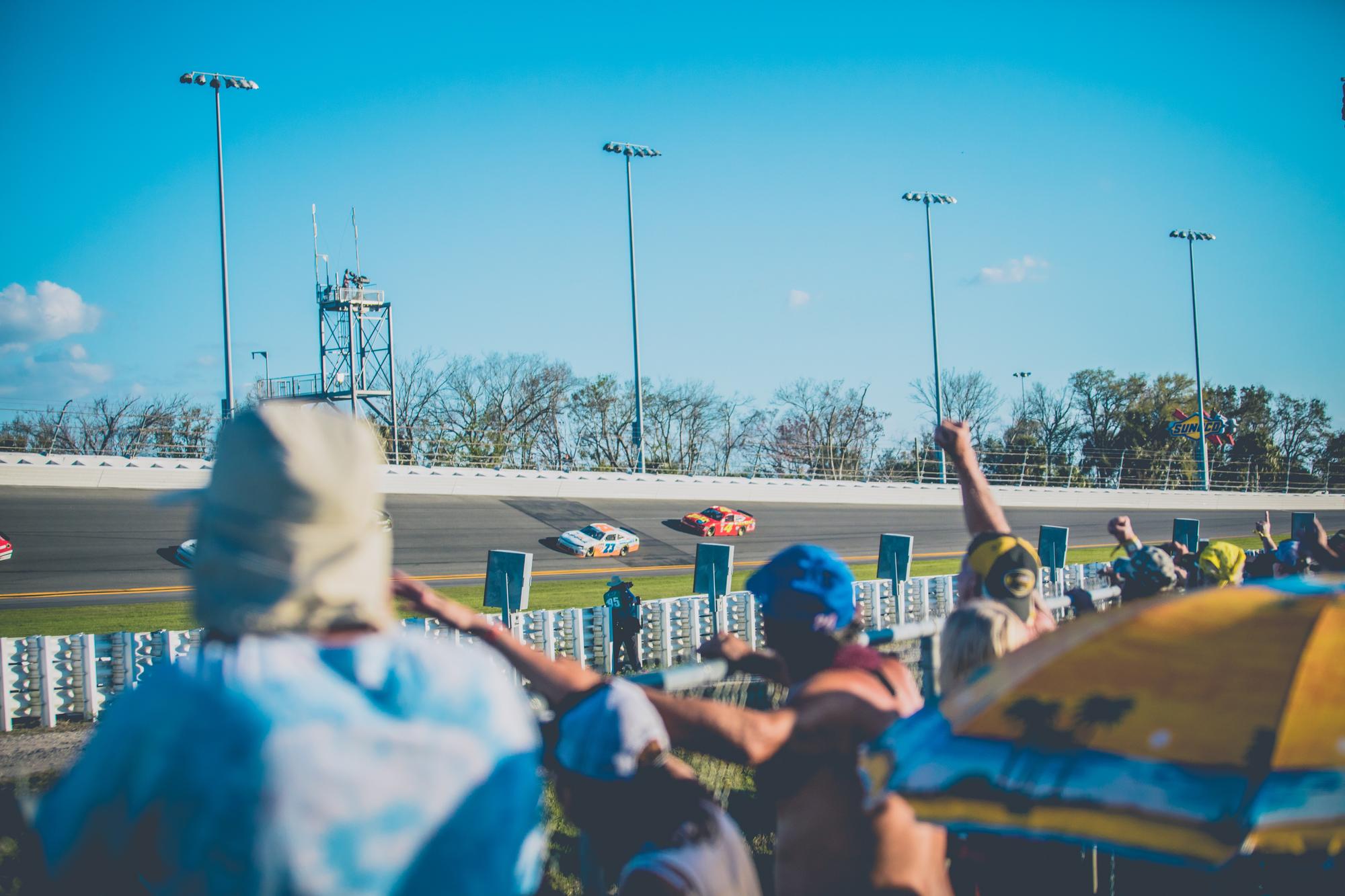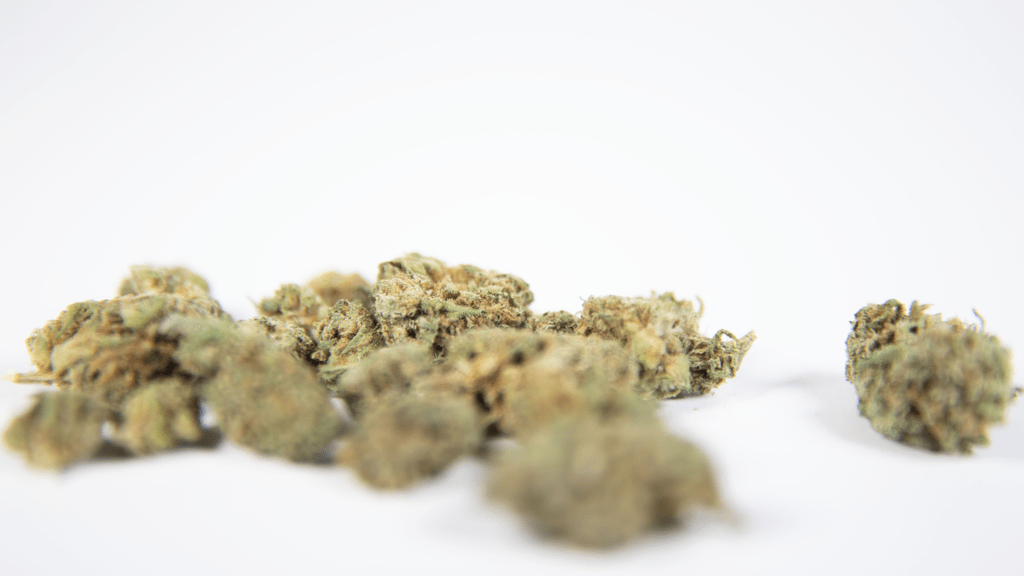NASCAR’s relationship with cannabis is evolving in lockstep with the American public—and fan sentiment appears to be following the national trend toward normalization. Broadly, U.S. attitudes are clear: nearly nine in ten adults say marijuana should be legal for either medical or recreational use, with about half supporting both; only a small minority opposes legalization outright, according to Pew’s 2024–2025 tracking. Gallup’s long-running series shows the same arc, with support at or near record levels in recent cycles.
What does that mean inside the grandstands? While direct, large-sample polling of “NASCAR fans only” on cannabis is still scarce, two data points help triangulate. First, the sport’s audience is more geographically diverse than stereotypes suggest—about 59% of fans live outside the Southeast—so attitudes are not solely defined by the most restrictive cannabis states. Second, sports-wide research indicates fans are increasingly comfortable with the category in a commercial context: a June 2025 study reported that a majority of NASCAR fans find THC brand sponsorships acceptable, with even higher acceptance for CBD. That aligns with the fan-loyalty-to-sponsors dynamic that has long underpinned NASCAR’s marketing economy.
Policy and precedent inside the garage have also nudged perceptions. NASCAR allowed the first CBD-branded Cup Series race in 2021—the Pocono Organics CBD 325—signaling a willingness to engage the hemp side of the market under federal limits. The watershed came in 2022 when Richard Childress Racing signed 3CHI, widely described as the first hemp-based consumer brand partnership across major U.S. pro sports; that deal has since been extended, keeping cannabinoid branding visible to fans through 2024 and beyond. The cumulative effect: repeated exposure to compliant cannabinoid sponsors has normalized the space for many viewers without requiring NASCAR to green-light high-THC messaging or change its competition-side prohibitions.
Demographics matter, too. NASCAR’s push onto streaming platforms has trimmed the sport’s average viewer age—Prime Video’s debut Cup broadcast drew a notably younger audience than linear TV—bringing in cohorts that national polls show are most supportive of legalization. That generational tilt, combined with post-pandemic interest in wellness-adjacent products, helps explain why acceptance of CBD sponsorships runs ahead of THC in fan surveys.
None of this means universal approval. Fans from older age brackets and conservative political affiliations remain less supportive of full recreational legalization than younger or liberal peers—patterns that mirror the broader electorate. And inside competition, NASCAR still operates within safety and anti-impairment norms consistent with other motorsports and WADA-aligned frameworks; the commercial door opened to hemp does not equate to permissive athlete-use rules on race weekends.
Bottom line: The center of gravity among NASCAR fans is shifting toward acceptance—especially for CBD and compliant hemp—because the national mood has shifted, the sport has provided visible (but regulated) sponsorship precedents, and the audience is gradually skewing younger and more diverse. Direct, NASCAR-only polling would sharpen the picture, but the available evidence points to a fan base increasingly comfortable seeing cannabis-adjacent brands on cars, walls, and broadcasts, even as debates over THC sponsorships and federal policy continue.


